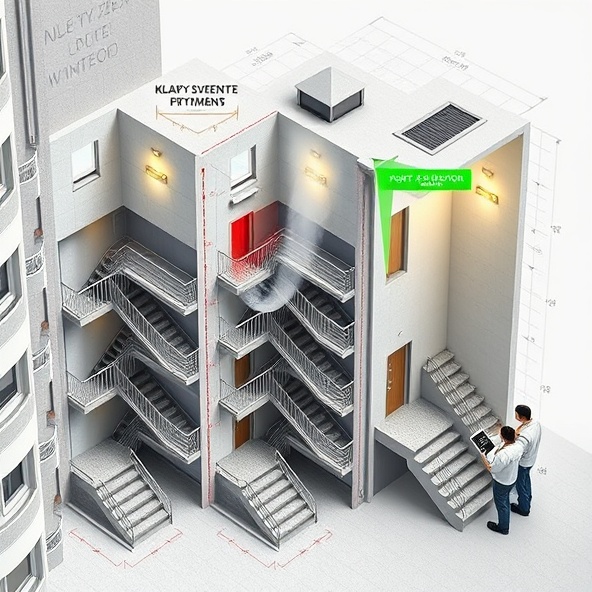Exploring the Power of Action
Exploring the Power of Action
The Importance of Taking Action
When it comes to achieving our goals and making progress in life, taking action is key. It can be easy to get caught up in planning, analyzing, and overthinking, but without actually doing something, we won’t see any results. Taking action is what separates those who dream from those who achieve.
The Power of Momentum
One of the greatest benefits of taking action is the power of momentum. When we take that first step towards our goal, it becomes easier to take the next one, and then the next one. Each step builds upon the previous one, creating a ripple effect of progress. Before we know it, we have gained significant momentum and are well on our way to success.
Overcoming Fear and Doubt
Often, fear and doubt are what hold us back from taking action. We may worry about failure, what others will think, or whether we are capable. However, the only way to overcome these fears and doubts is by taking action. By proving to ourselves that we are capable and achieving small victories along the way, we build confidence and diminish our fears.
The Learning Process
Taking action is also crucial for the learning process. We can plan, prepare, and study, but it is through action that we truly gain knowledge and experience. When we take action, we learn from our successes and failures, and we can adjust our approach accordingly. It is through action that we become better, more knowledgeable individuals.
Getting Started
Now that we understand the importance of taking action, how do we get started? The first step is to clearly define our goal. What is it that we want to achieve? Next, we need to break our goal down into smaller, manageable tasks. This helps to prevent overwhelm and allows us to focus on one step at a time. Finally, we must commit to taking action. Whether it is scheduling a specific task or setting a deadline, it is crucial to follow through.
Staying Motivated
Taking action can be challenging, especially when the initial excitement wears off or when obstacles arise. To stay motivated, it is essential to remind ourselves of our why. Why do we want to achieve this goal? What will it mean for us? Additionally, finding an accountability partner or a supportive community can provide the motivation and encouragement needed to keep going.
Celebrating Progress
Finally, it is important to celebrate our progress along the way. Each step forward, no matter how small, is worth recognizing. By acknowledging and celebrating our achievements, we reinforce positive behavior and boost our motivation to continue taking action.
Conclusion
The power of action cannot be underestimated. It is through taking action that we overcome our fears, gain momentum, learn, and achieve our goals. By following the steps outlined, we can harness the power of action and make significant progress in our lives. So, let’s stop procrastinating and start taking action today!
FAQ
What is the power of action?
The power of action refers to the ability to take decisive steps towards achieving goals or making positive changes in one’s life. It involves proactively taking actions rather than just passively thinking or planning.
Why is taking action important?
Taking action is important because it allows us to turn our thoughts and aspirations into reality. It helps us overcome procrastination, build momentum, and make progress towards our desired outcomes.
How can I develop the habit of taking action?
Developing the habit of taking action requires setting clear goals, breaking them down into smaller tasks, and creating a plan of action. It is also important to overcome fears and doubts, and to hold yourself accountable for taking consistent steps towards your goals.
What are some strategies to overcome procrastination?
Strategies to overcome procrastination include breaking tasks into smaller, more manageable parts, setting deadlines, creating a positive environment, using time management techniques, and focusing on the long-term benefits of taking action.
How can I stay motivated during the action-taking process?
To stay motivated during the action-taking process, it can be helpful to set specific, achievable goals, visualize the desired outcome, celebrate small victories, seek support from others, and remind yourself of the reasons why you started in the first place.
What are the potential obstacles to taking action?
Potential obstacles to taking action include fear of failure, lack of self-confidence, perfectionism, lack of knowledge or skills, and external factors such as time constraints or limited resources. Identifying and addressing these obstacles is crucial for overcoming them.
How can I measure my progress in taking action?
You can measure your progress in taking action by setting specific milestones or benchmarks, tracking your activities and achievements, and reflecting on your overall growth and development. Regularly reviewing and reassessing your goals can also help you gauge your progress.
What are the benefits of taking consistent action?
Taking consistent action leads to a sense of achievement, personal growth, and increased self-confidence. It also helps build resilience and adaptability, opens up new opportunities, and improves productivity and overall well-being.
How can I maintain a balance between taking action and taking breaks?
Maintaining a balance between taking action and taking breaks is important for avoiding burnout and sustaining long-term productivity. This can be achieved by setting boundaries, prioritizing self-care, adopting time management techniques, and recognizing the importance of rest and rejuvenation.
What are some resources for further exploration of the power of action?
There are numerous books, articles, podcasts, and online courses available that delve deeper into the topic of the power of action. Some recommended resources include „Atomic Habits” by James Clear, „The 7 Habits of Highly Effective People” by Stephen R. Covey, and TED Talks on goal setting and personal development.














































